Scaling an Amazon business is not just about selling more; it’s about building systems that can handle growth without collapsing under operational weight. The most overlooked but critical part of that system is inventory preparation and compliance.
Every box, barcode, and bundle that enters an Amazon fulfillment center must meet strict FBA standards, and failure to comply can mean delays, fines, or suspension.
That’s why third-party prep centers have become an essential infrastructure for serious Amazon sellers. They don’t just save time; they enable scalability, compliance, and cost efficiency at every stage of your growth.
The Hidden Bottleneck in Amazon Growth
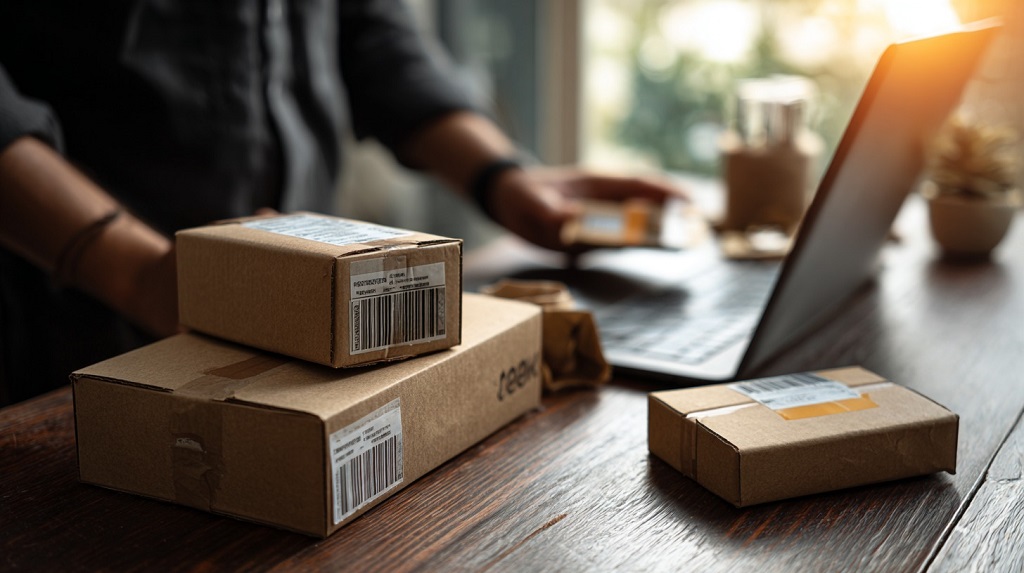
Most sellers start small, packing boxes in a garage, labeling units by hand, and making runs to UPS. But once orders start scaling from dozens to hundreds per week, that model breaks down fast. Amazon FBA’s strict packaging and labeling standards require precision: incorrect ASIN labeling, missing suffocation warnings, or wrong carton dimensions can cause inventory to be rejected or delayed at the fulfillment center.
For mid- and large-scale sellers, these compliance errors translate to lost revenue. A delayed inbound shipment can mean stockouts, which hurt both ranking and Buy Box eligibility. Prep centers remove this bottleneck by managing product inspection, labeling, bundling, kitting, and shipping according to Amazon’s rules, so sellers can focus on sourcing, marketing, and scaling.
How Third-Party Prep Centers Work
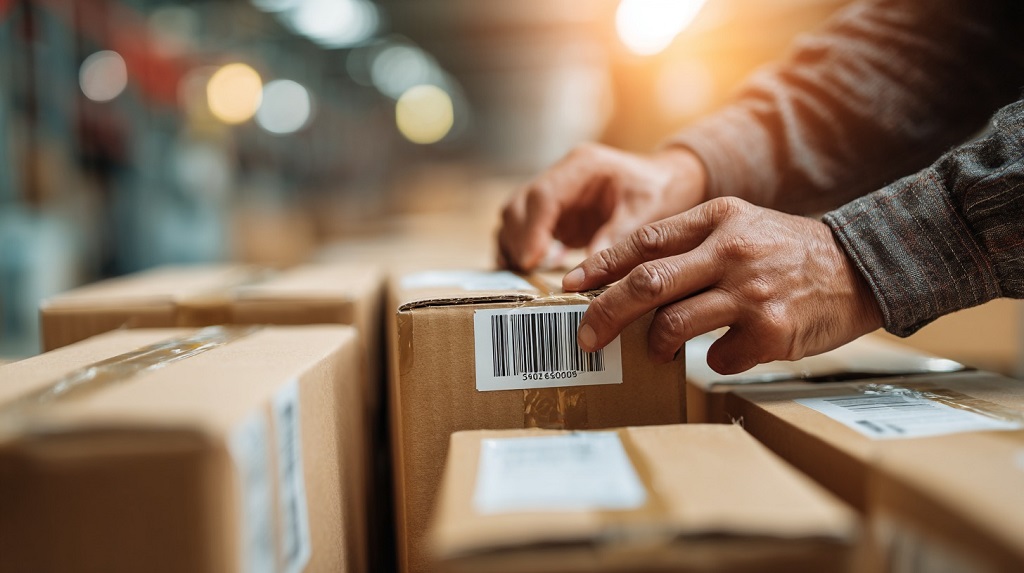
A third-party prep center acts as a logistics middleman between your supplier and Amazon. When products arrive from manufacturers (often in bulk and without FBA labeling), the prep center performs all the necessary steps before sending inventory to Amazon fulfillment centers.
| Prep Center Task | Description | Why It Matters |
| Receiving & Inspection | Verifies product condition, counts units, and checks for damage. | Prevents defective units from reaching FBA and causing returns. |
| Labeling & Barcoding | Applies FNSKU or UPC labels per Amazon FBA standards. | Ensures Amazon correctly identifies your inventory. |
| Bundling & Kitting | Combines multiple SKUs into one retail-ready set. | Allows creation of unique listings and higher-margin bundles. |
| Polybagging & Packaging | Adds protective bags, inserts, or safety stickers. | Meets FBA compliance and improves customer experience. |
| Shipping & Logistics Coordination | Creates Amazon shipment plans, books carriers, and sends inventory. | Reduces lead times and errors during check-in. |
The efficiency of this process directly determines how quickly your products become available for sale and how much profit you retain after logistics costs.
Why Sellers Move to Prep Centers After Year One
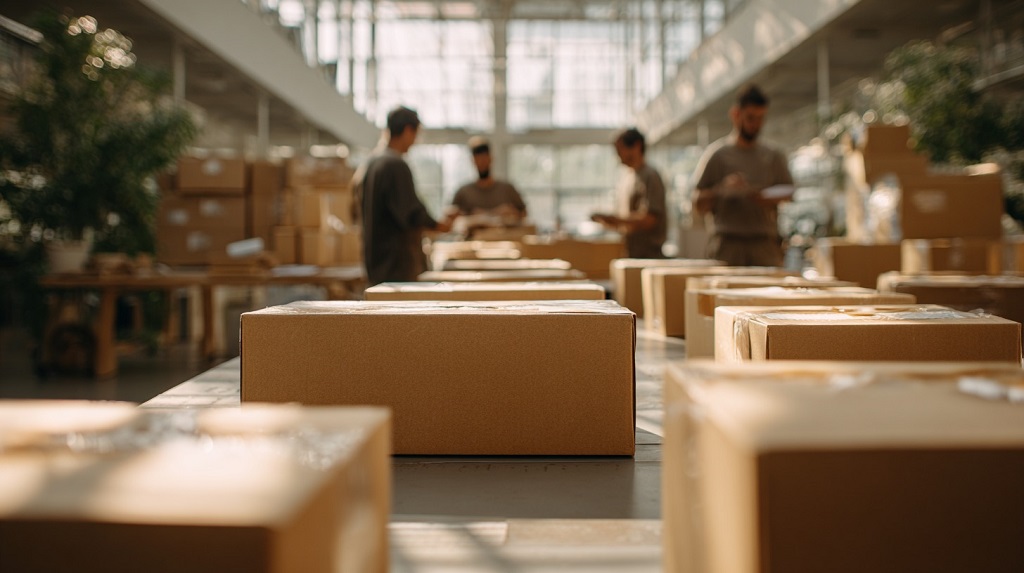
After the first 12–18 months, many sellers realize that their biggest time drain isn’t marketing, it’s logistics. Fulfilling Amazon’s detailed FBA requirements becomes a full-time job on its own.
That’s when outsourcing to a professional prep center becomes the logical step. Instead of spending hours labeling SKUs and packing boxes, sellers ship directly from manufacturers or wholesalers to a prep center. This creates a hands-free supply chain where inventory moves automatically from supplier → prep → Amazon.
For private label sellers, this also means faster restocks and less downtime, which protects your listing momentum and keyword rankings.
Geographic Advantage: Why Location Matters

Most top-performing Amazon sellers use tax-free or strategically located prep centers, especially in states like Delaware, Oregon, Montana, or New Hampshire, where there’s no sales tax on inventory intake.
For example, shipping to a Delaware prep center can save sellers 5–10% in state taxes, especially when importing large palletized shipments. Many centers in these regions, such as Dollan Prep Center, specialize in Amazon FBA compliance, SPD/LTL coordination, and 3PL integration, making them ideal for long-term scaling.
Their team focuses on streamlining inbound logistics, verifying packaging requirements, and ensuring every carton meets Amazon’s latest compliance requirements, so you can focus entirely on product growth instead of paperwork.
| State | Sales Tax | Typical Prep Service Cost (per unit) | Ideal For |
| Delaware | 0% | $0.50–$1.25 | Private label & wholesale imports |
| Oregon | 0% | $0.60–$1.30 | Small-to-medium sellers shipping domestically |
| Montana | 0% | $0.70–$1.20 | Bulk shipments and LTL pallets |
| New Hampshire | 0% | $0.65–$1.50 | Brands scaling into multiple Amazon marketplaces |
These small margins compound over time. For instance, a seller processing 10,000 units annually at a $1 average tax saving per unit keeps an extra $10,000 in profit, without touching a single box.
Compliance, Accountability, and Risk Reduction
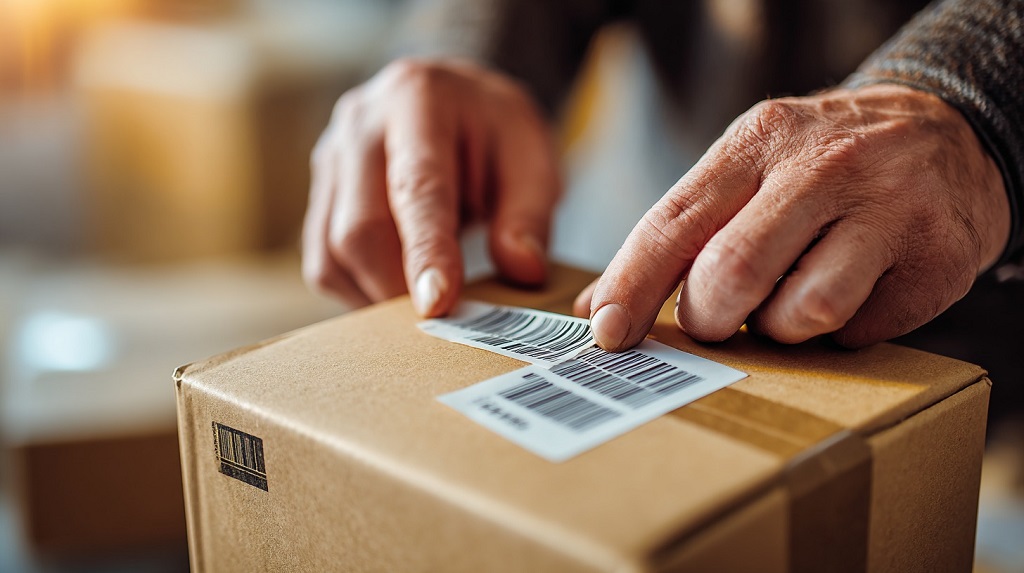
Amazon’s FBA compliance requirements evolve constantly, including barcodes, expiration labeling, carton weight limits, dangerous goods documentation, and more. One missed update can cause inventory rejections or ASIN suspensions. Prep centers stay up to date with these changes, so you don’t have to.
Additionally, most reputable centers:
- Maintain photo documentation of every shipment.
- Provide inventory dashboards to track units and shipments.
- Offer liability coverage in case of loss or damage.
- Integrate with Amazon Seller Central or tools like InventoryLab and ShipStation.
In short, they act as your offsite operations team, a scalable extension of your business without the payroll burden.
Comparing In-House vs Third-Party Prep
| Aspect | In-House Prep | Third-Party Prep |
| Startup Cost | High (rent, labor, materials) | Low (pay per unit) |
| Scalability | Limited by space and staff | Flexible, pay as you grow |
| Compliance Risk | High (manual processes) | Low (experts handle it) |
| Time Investment | High (daily labor) | Minimal (automated flow) |
| Focus | Logistics-heavy | Growth and marketing-focused |
For sellers crossing $20,000+ in monthly revenue, the math becomes clear: outsourcing frees hundreds of hours per year and typically costs less than maintaining a warehouse or hiring staff.
How Prep Centers Enable True Scaling
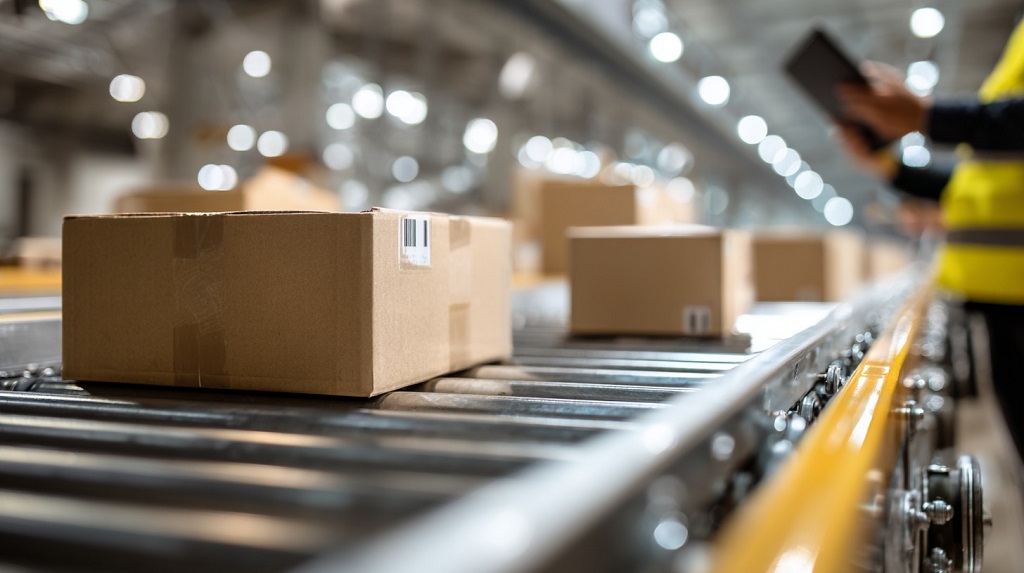
Scaling on Amazon is not just about increasing order volume; it’s about reducing friction across the supply chain. Prep centers enable this by providing:
- Consistent workflow – no interruptions when traveling or expanding to new products.
- Multi-channel readiness – many centers can handle FBM, Walmart, Shopify, or eBay shipments too.
- Faster turnaround – same-day or next-day prep for restocks keeps bestsellers live.
- Professional presentation – clean packaging, inserts, and branding help customer retention.
- Reduced errors – accurate FNSKU labeling and carton packing prevent costly FBA errors.
In essence, prep centers let you think like a brand owner, not a warehouse worker.
The Bottom Line
Third-party prep centers aren’t just a convenience; they’re the infrastructure that makes scaling on Amazon possible. They bridge the gap between your suppliers and Amazon’s fulfillment system, ensuring compliance, speed, and reliability.
Whether you’re shipping a few hundred units or managing multiple product lines, outsourcing prep to professionals is the most cost-effective way to protect your time and maximize profit margins.
If you’re serious about scaling efficiently, partnering with a trusted FBA prep center in a tax-free state like Delaware is one of the smartest strategic moves you can make. It turns your business into a system that grows, even when you’re not packing boxes yourself.
